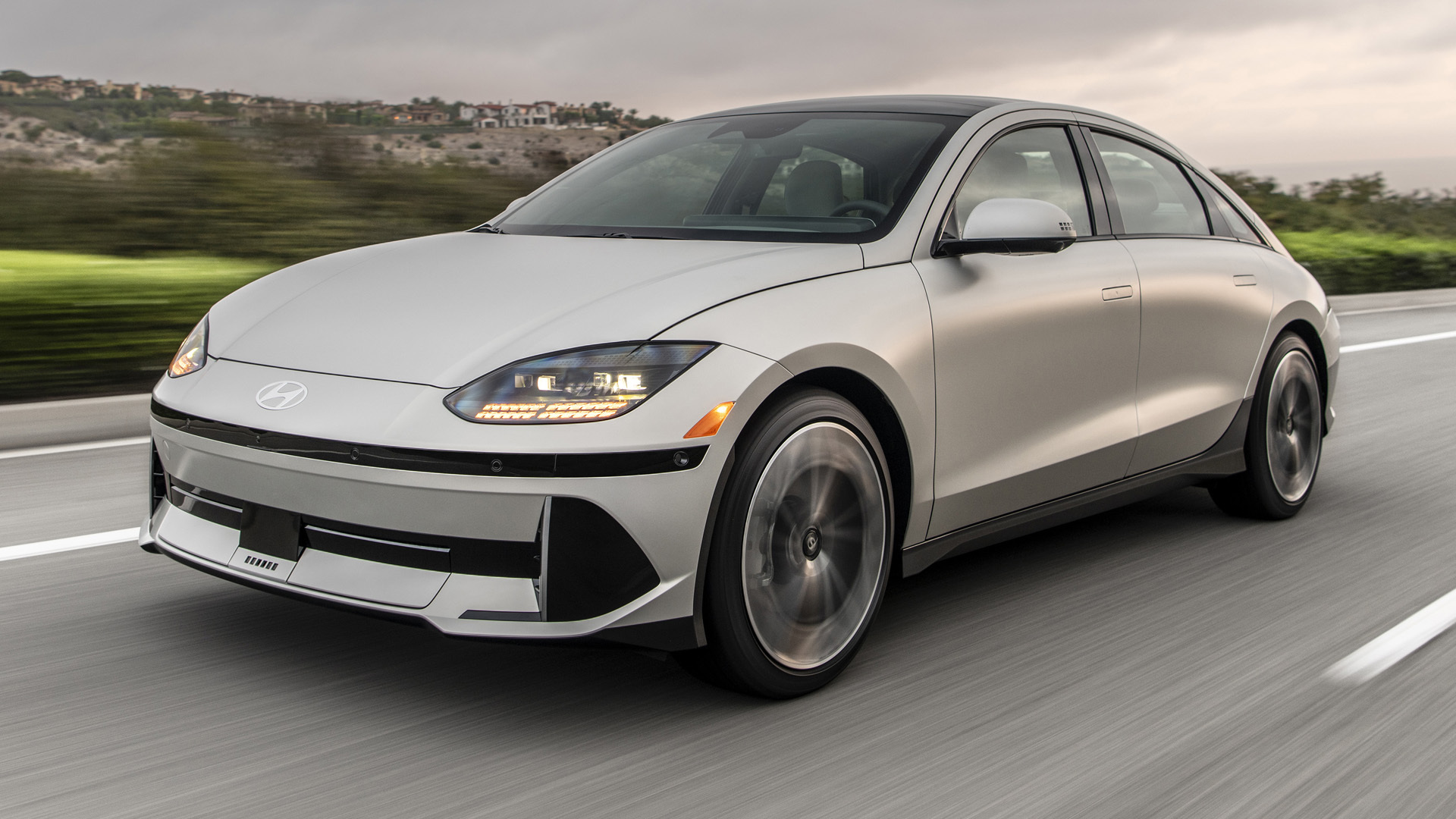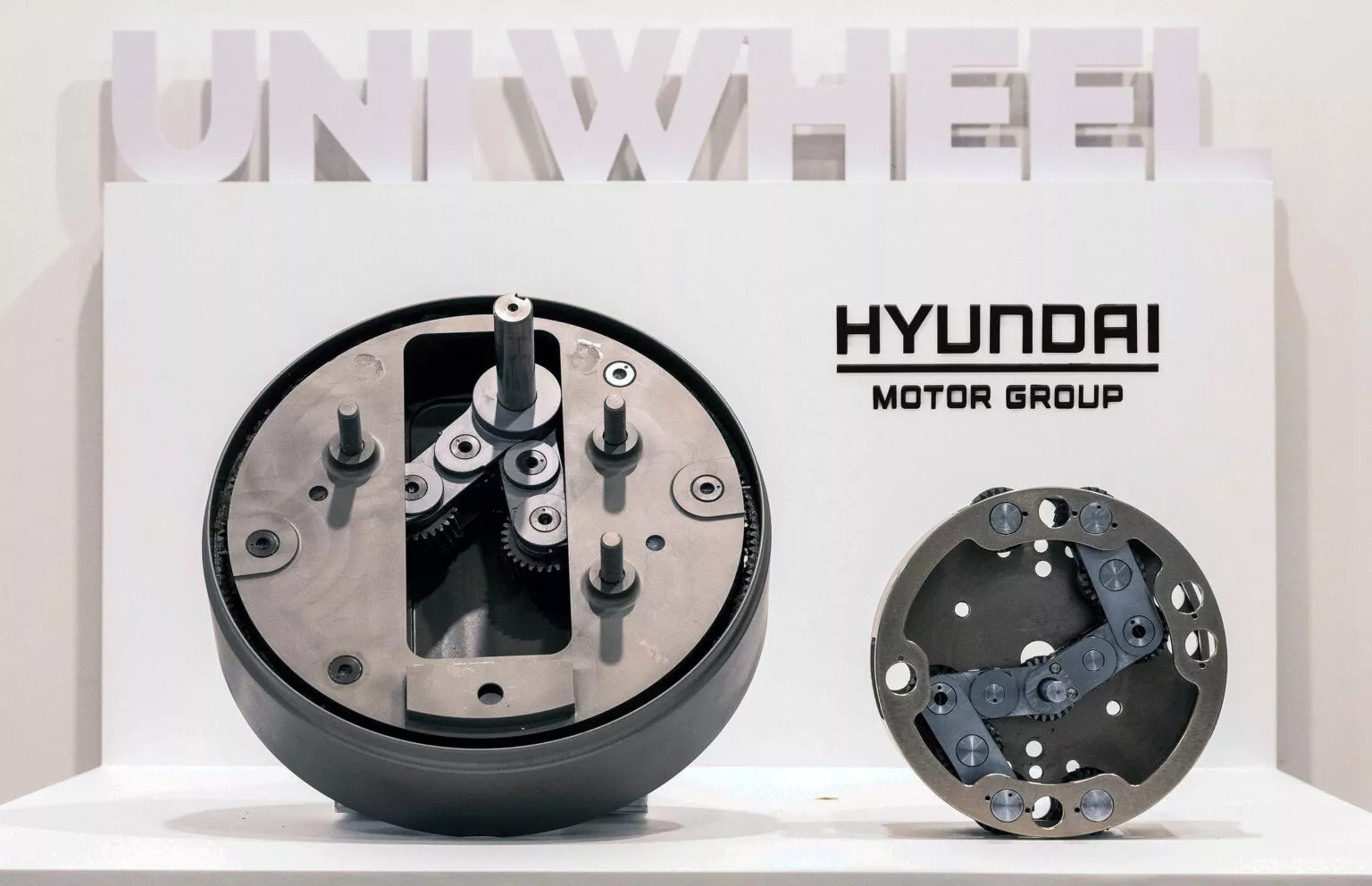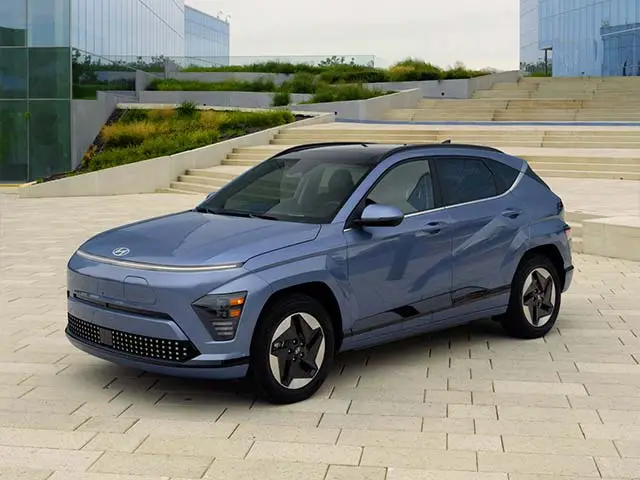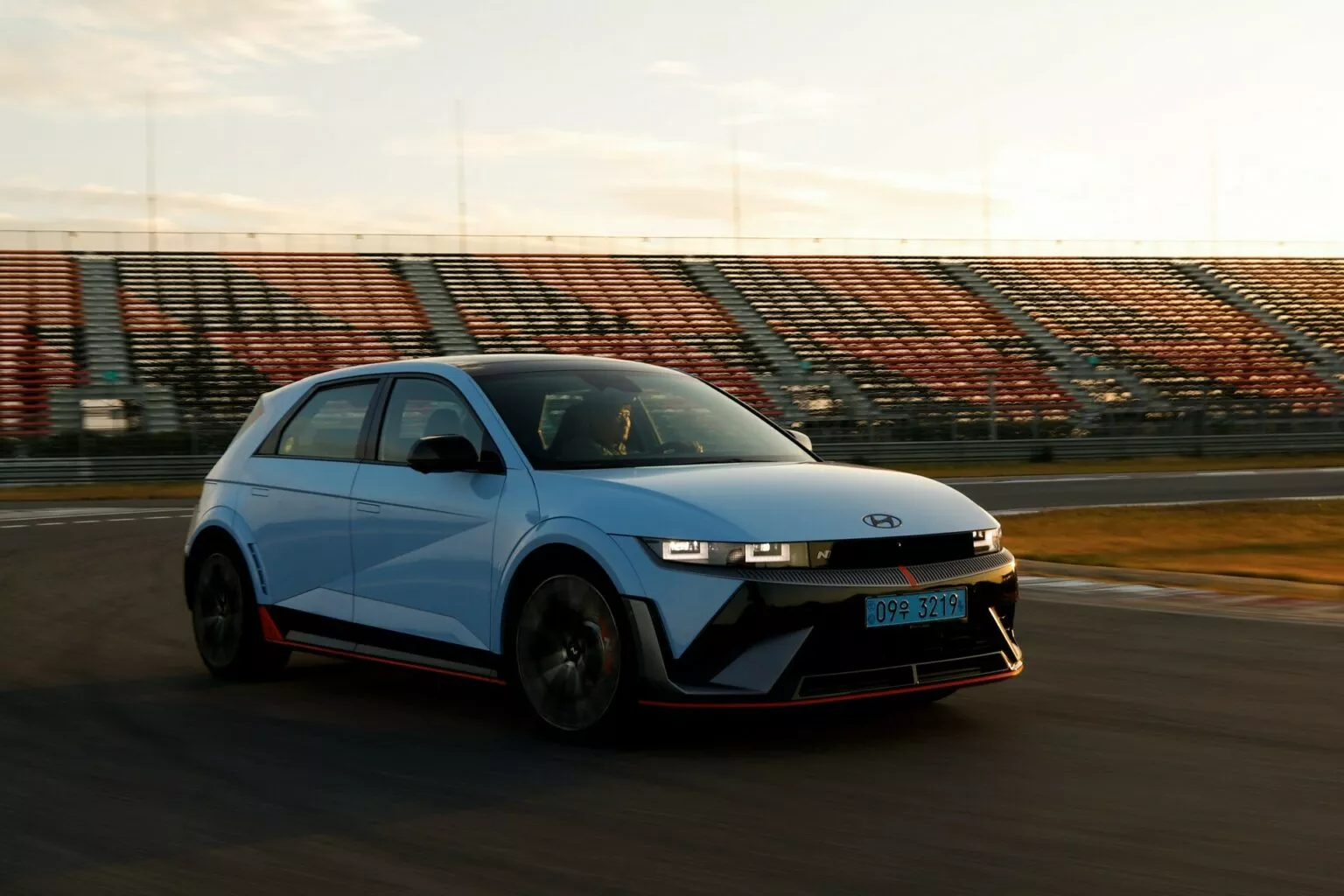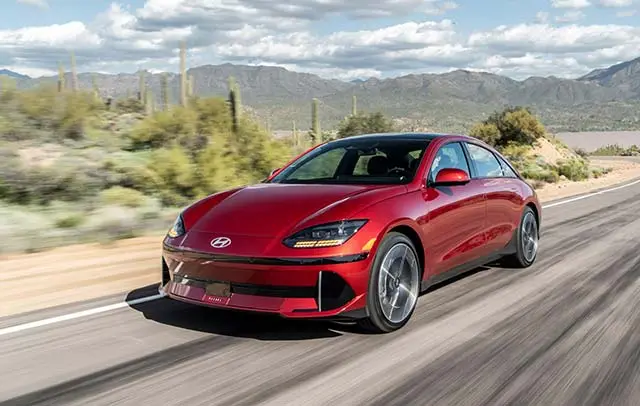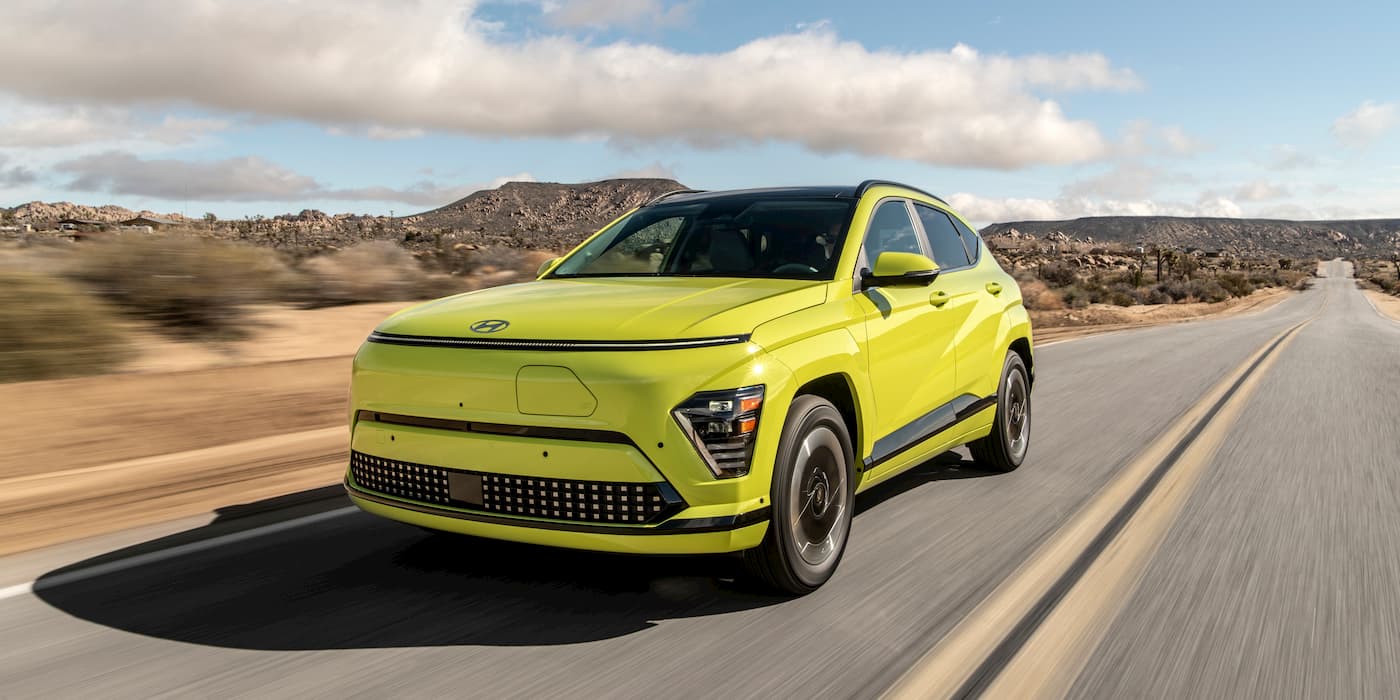Hyundai Motor, South Korea’s largest automaker, is reinforcing its commitment to electric vehicle (EV) production despite a temporary suspension of operations at its main factory in the country. The move reflects the company’s strategic shift towards EVs amid industry speculation of a slowdown in the market.
On Monday, Hyundai announced its decision to temporarily halt activities at the Asan plant in South Korea, with the suspension scheduled between December 31, 2023, and February 13, 2024. Hyundai plans to resume operations the following day.
Contrary to prevailing notions of a decelerating EV market, Hyundai is asserting its confidence in the sector. Senior leaders informed Reuters ahead of the LA Auto Show that they are witnessing robust demand for their electric vehicles.
Jose Munoz, Hyundai’s global president, expressed optimism about battery electrics, highlighting a year-over-year doubling of EV sales. In the third quarter, Hyundai surpassed Ford and GM, securing the second spot in the US EV market with a 7.5% share, according to Automotive News registration data. While Tesla maintains a dominant position with 57.4% market share, Hyundai’s IONIQ 5 and Kia’s EV6 achieved record October sales.
Notably, Hyundai faces a unique position as it does not currently qualify for the IRS EV tax credit except through leasing, prompting plans for a strategic shift. Munoz emphasized the need for increased capacity, citing a willingness to sell more cars if production constraints were alleviated. Hyundai is progressing with the construction of its first EV and battery plant in the US, anticipating completion by October next year. The $5.5 billion mega EV plant is expected to produce 300,000 EVs annually once operational.
Simultaneously, Hyundai has initiated the construction of a new EV plant in Ulsan, South Korea, necessitating the suspension of operations at its main factory in the region. The Ulsan plant, anticipated to be completed in 2025, will have a capacity of 200,000 EVs per year.

